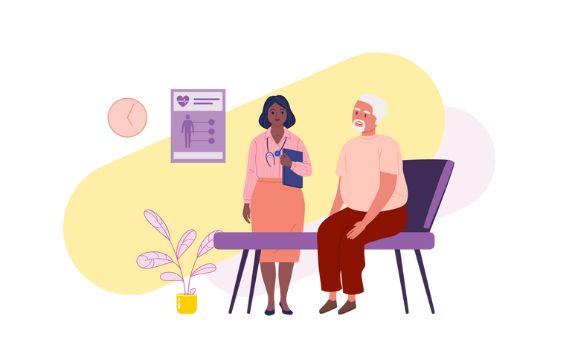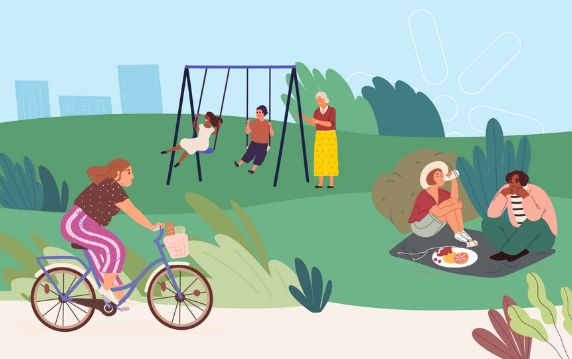Advise, educate and empower your patients
Find a range of healthy lifestyle resources and guidelines below
The reasons why people adopt health behaviour changes will be different for everyone. We are all at different stages in our journey, living in different bodies with different lifestyles, cultures, personal preferences, past experiences and desires for the future.
Some of your patients may want to sleep better or have more energy. Some may want to feel more comfortable in their body or simply be able to move around more easily. Others may want to reduce their risk of chronic disease or slow down the progression.
Whatever motivates your patients, it is important to advise them to adopt health behaviour changes that they enjoy and are likely to sustain long enough to become habits. This can lead to increased confidence and self-efficacy, resulting in greater long-term health outcomes.
For clear and concise guidance in tailoring management to the individual patient with a focus on health and lifestyle outcomes, go to the Weight Management and Nutrition in Adults* pathway on the Clinician Assist WA website (individual login required).
*Please note, users must be logged in before clicking the link.

Healthy lifestyle resources to share with your patients

The complexity of weight and health
The relationship between weight and health is more complex than the number on the scale. It is influenced by a range of factors, and not only energy in versus energy out.
The impact of sleep on health and wellbeing
Getting enough good-quality sleep is important for your overall physical health and wellbeing. This resource provides information and strategies to help make positive changes.
Mental health, physical health and weight
Your mental health can have an impact on your physical health and weight. This resource provides information and strategies to help make positive changes. A resource for providers is also available here.
Healthy, balanced meals
Eating well helps fuel and nourish our bodies. Read the Healthy Eating Guidelines, see what healthy portions look like and refer patients to an Accredited Practicing Dietitian for individualised counselling and advice.
Physical activity guidelines
Empower your patients to engage in enjoyable movement. Make your move, sit less, be active for life!
Cutting back on alcohol
Encouraging your patients to cut back on their alcohol intake can provide a wide range of benefits. FARE have a variety of information sheets available. You can also find safe drinking & alcohol guidelines here.
Other resources you and your patients may find useful
Healthy Eating Assessment Quiz
This free, 10 minute quiz developed by expert nutritionists at the University of Newcastle, will show you how your current diet compares to Australian Healthy Eating Guidelines and provide recommendations on potential ways to improve your diet.
Live Lighter Client Tools & Resources
Access various resources for your patients such as free meal plans, recipe booklets, interactive calculators and patient education materials.
Baker Institute Nutrition & Exercise Fact Sheets
Resources to keep you active and healthy.
The Science of Weight Loss: Dispelling Diet Myths – The University of Newcastle
This course is a FREE online course suitable for anyone interested in nutrition for weight management for either themselves or someone they know, or any nutrition professionals needing a refresher.
Disclaimer
The links to third party websites on this page are provided for your information only and should not be interpreted as an endorsement by us of those websites or their information. If you choose to visit, or use, a third-party website you do so at your own risk and subject to the terms and conditions of use of that website.
